Understanding History & Other Essays by Bertrand Russell 1957 Philosophical Library Hardcover Book in Original Dust Jacket
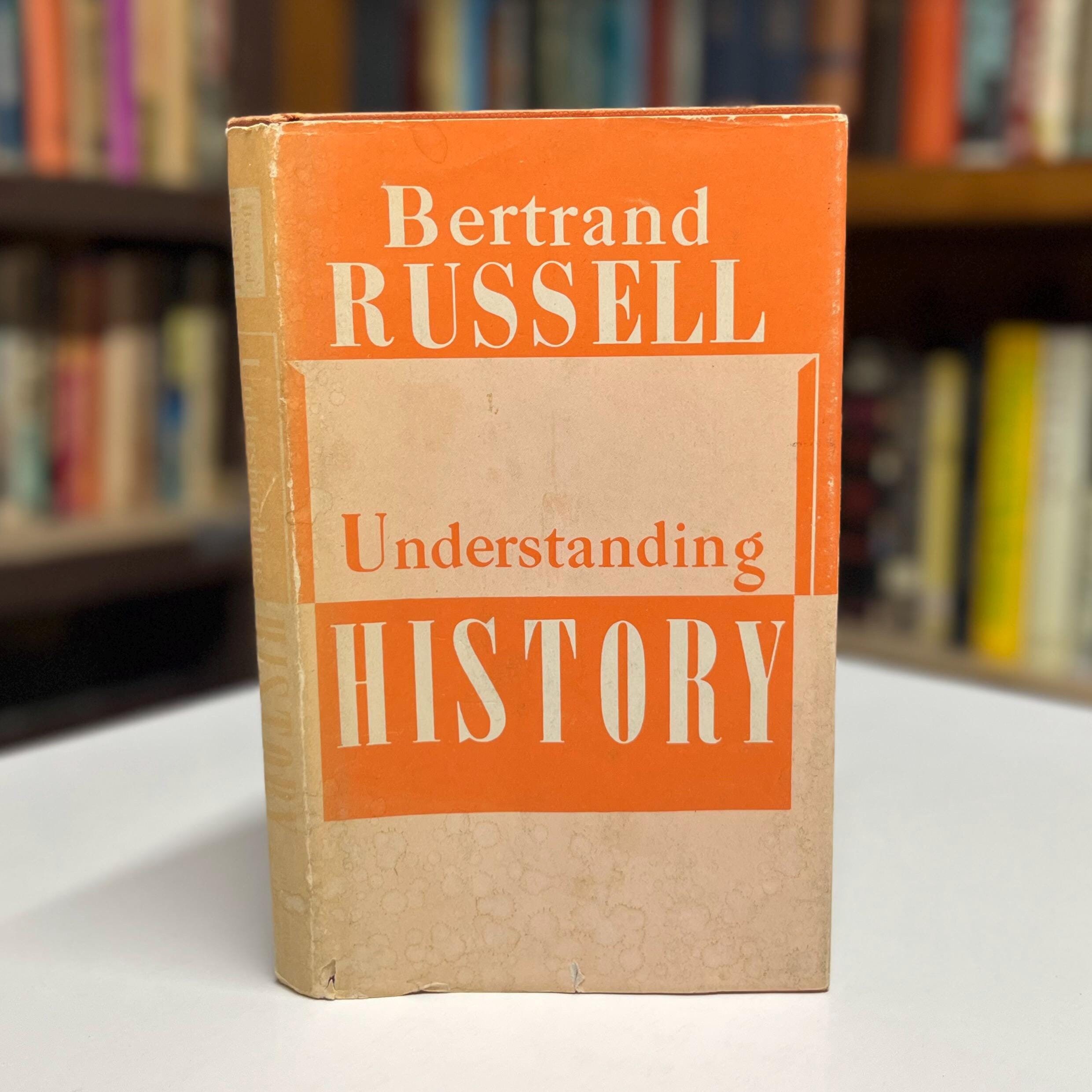
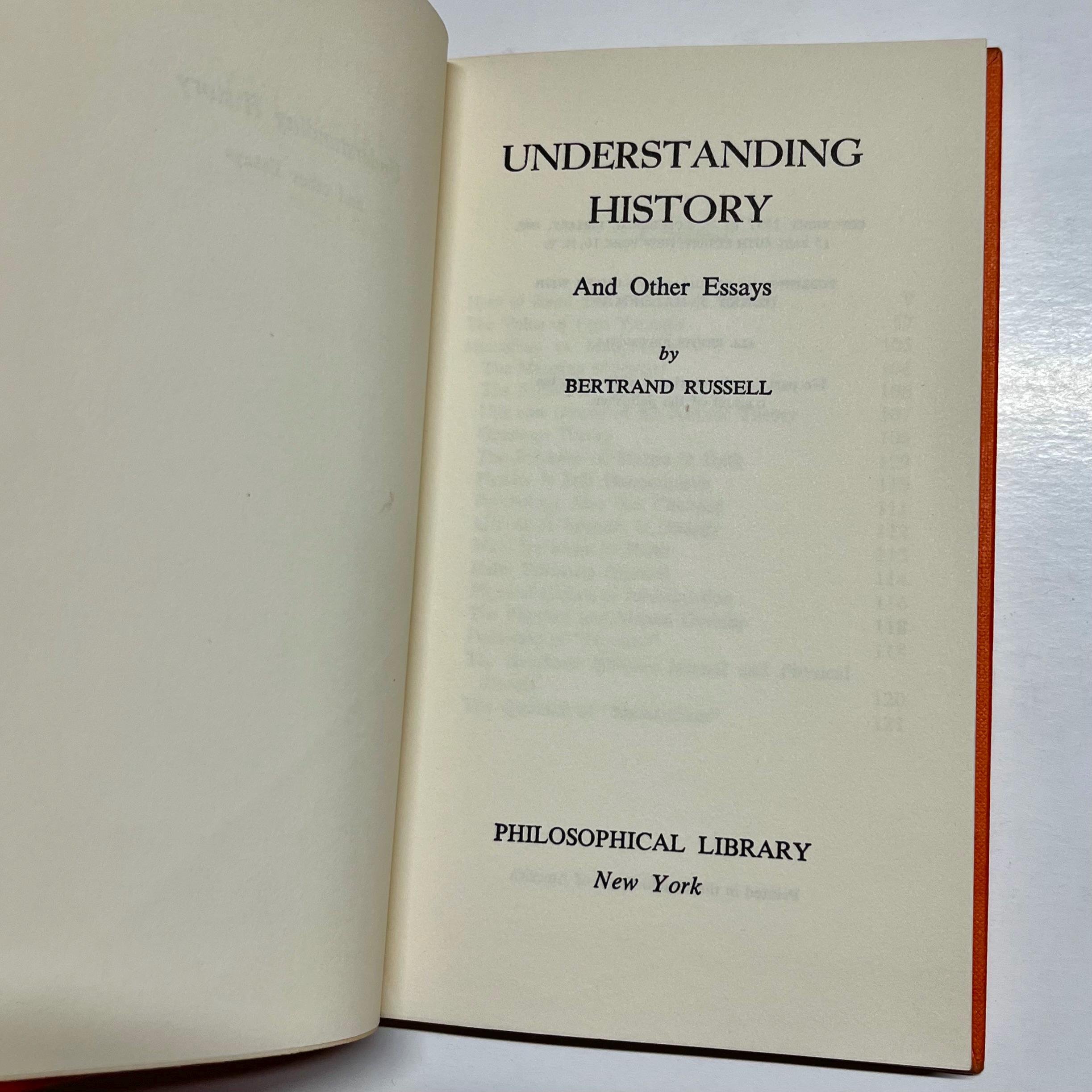
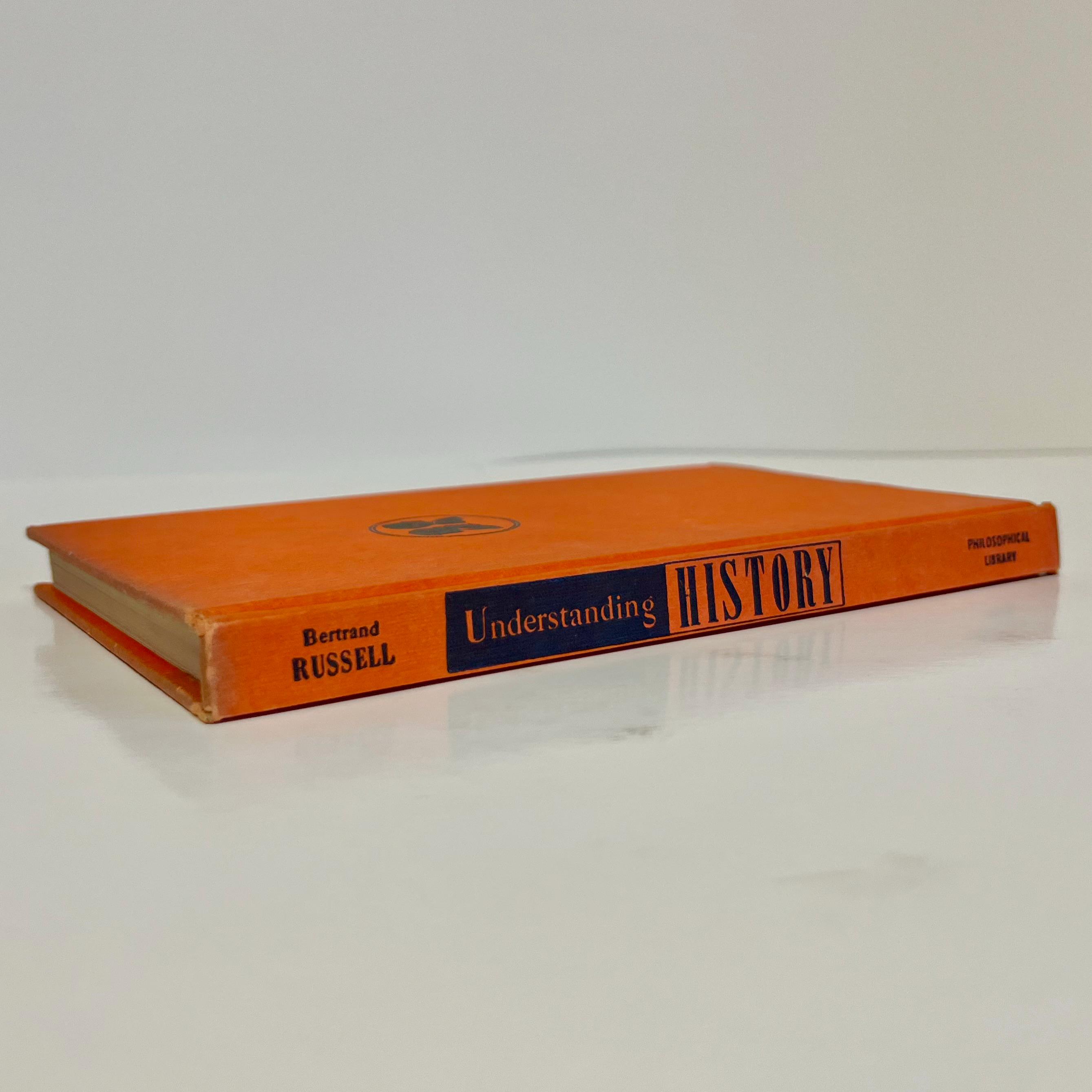
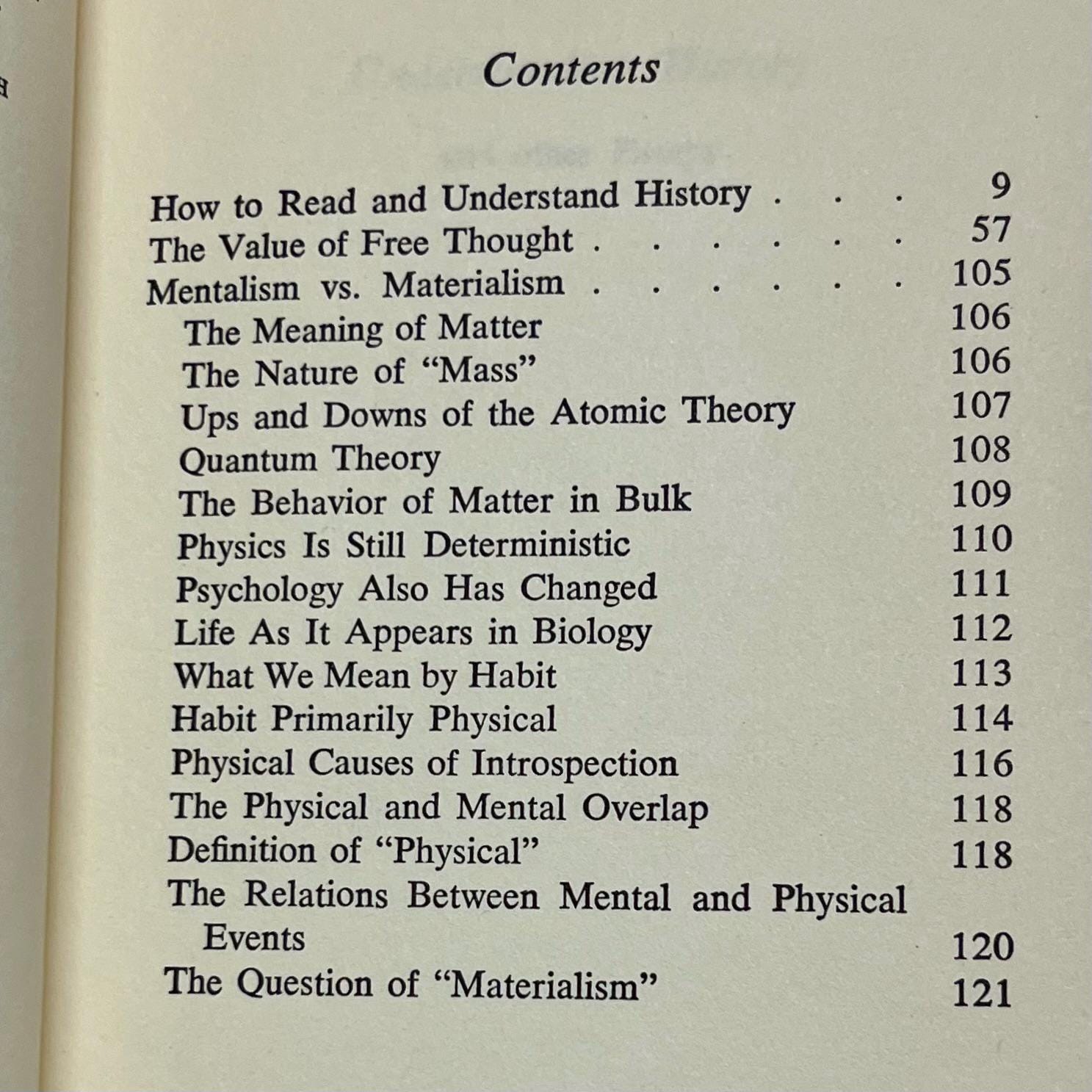
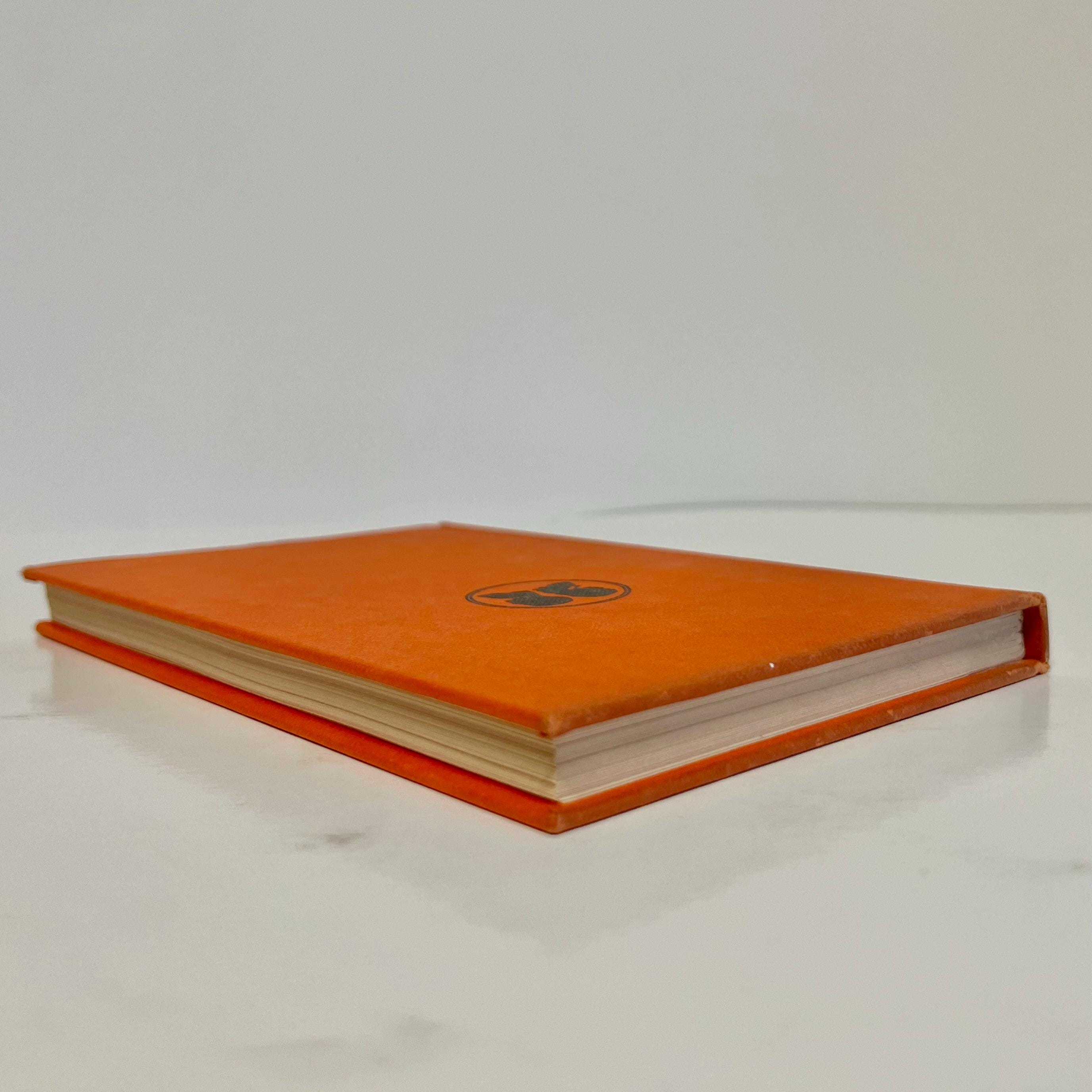
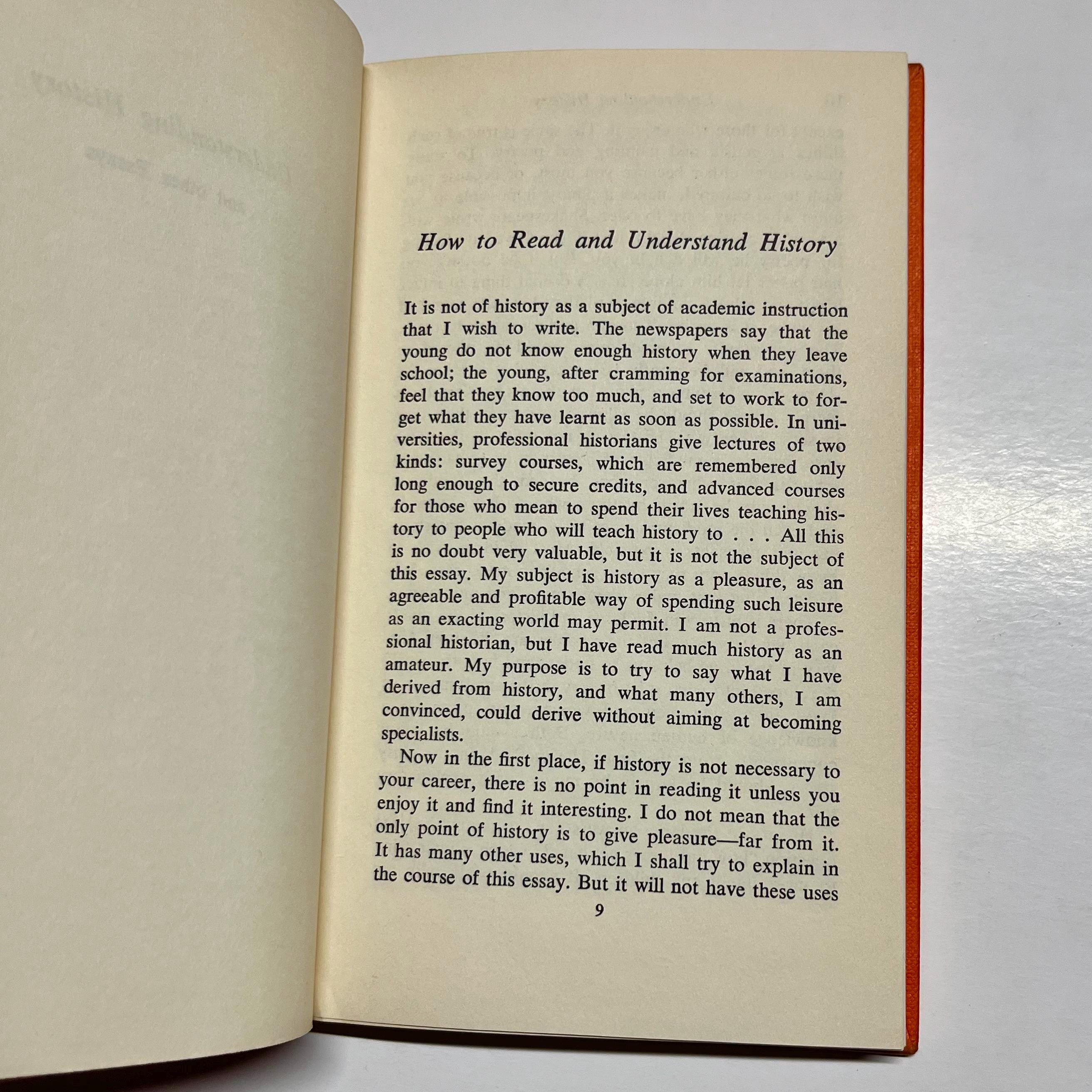
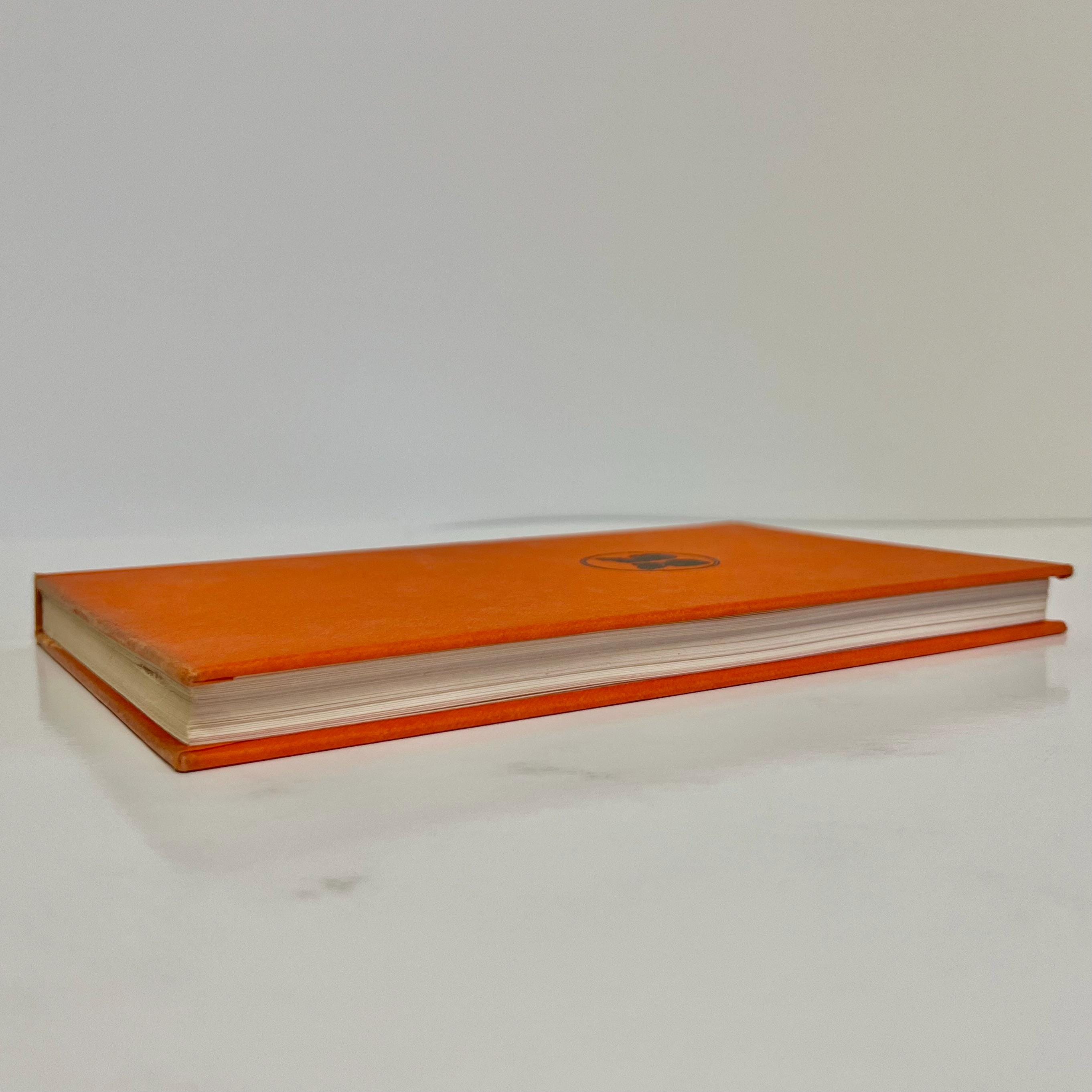


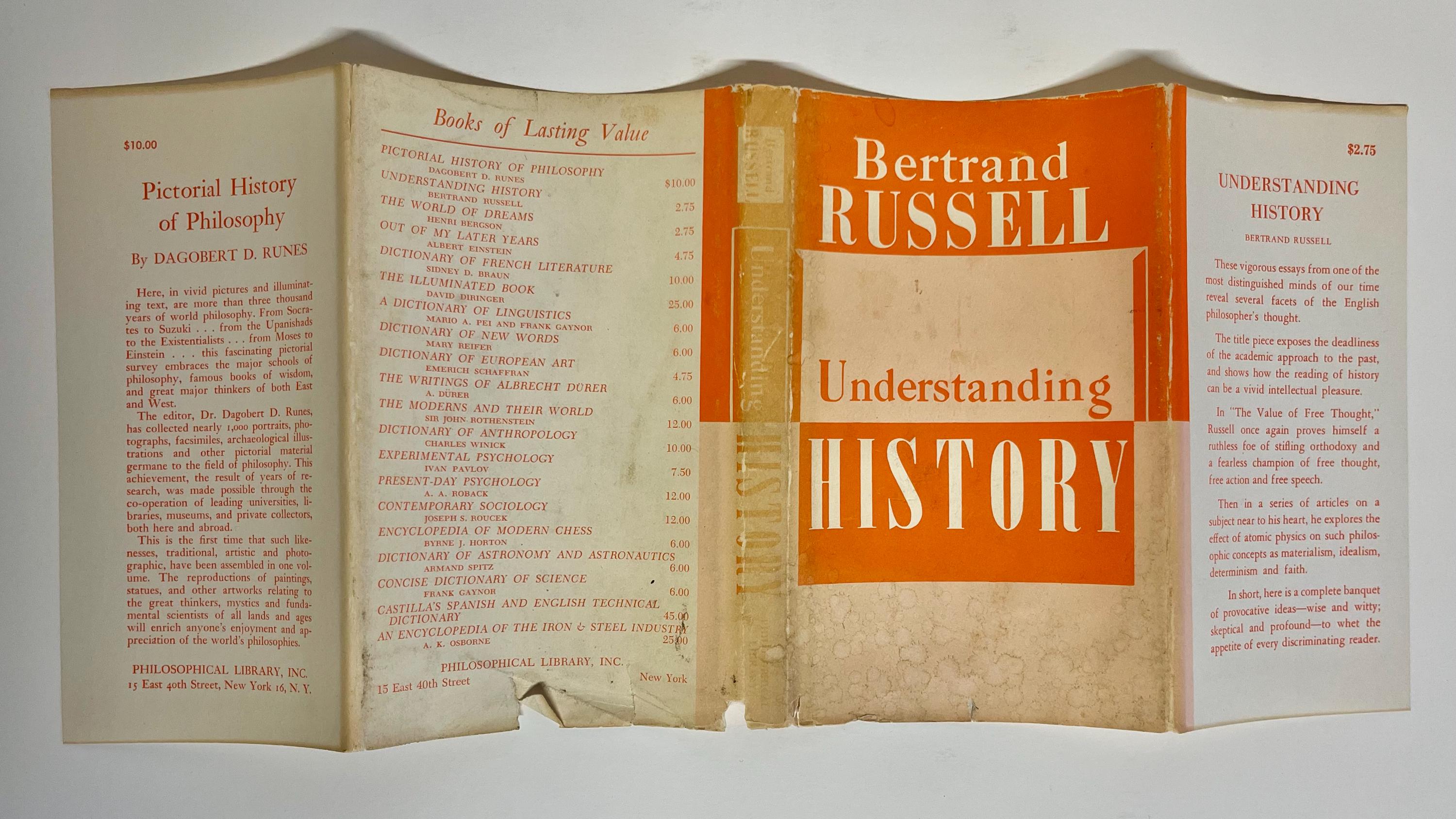
$24.49 $34.99
Understanding History & Other Essays by Bertrand Russell 1957 Philosophical Library Hardcover Book in Original Dust Jacket
<Condition is Good+ as Pictured> (normal wear with markings, visible edge-wear, slightly bumped/rubbed corners, age appropriate toning to interior pages) size is approximately 7.5” x 4.5”
—Bertrand Arthur William Russell (1872-1970) was an influential British philosopher, logician, mathematician, and political activist. In 1950, he was awarded the Nobel Prize in Literature, in recognition of his many books.
This 1957 publication contains two longer essays: “How to Read and Understand History,” and “The Value of Free Thought,” as well as a series of very brief (i.e., 1-2 pages each) essays under the general topic, “Mentalism vs. Materialism.”
In the essay on history, he begins with the statement, “It is not history as a subject of academic instruction that I wish to write… My subject is history as a pleasure, as an agreeable and profitable way of spending such leisure as an exacting world may permit… My purpose is to try to say what I have derived from history, and what many others, I am convinced, could derive without aiming at becoming specialists.” (Pg. 9)
He observes, “As soon as you know the general outline of history of some period, it becomes agreeable and profitable to read the letters and memoirs of the time. Not only do they contain much intimate detail which makes it possible to realize that the men concerned really lived, but there is the advantage that the writers did not know what was going to happen, as the historians do.” (Pg. 26)
He suggests, “the [historical] material is so vast, and selection is necessary. Selection must be guided, at least in part, by a sense of values… some men must be studied because of their influence… But even then standards are necessary if the history of culture is to be studied with any profit; we must not indiscriminately admire whoever has been influential, for is we do we may find ourselves worshipping Satan. The ultimate value of culture is to suggest standards of good and evil… and this should be remembered in all our study of culture in the past and in the present.” (Pg. 41)
In the essay on Free Thought, he notes, “Some men argue that the question whether religious dogmas are true or false is unimportant; the important thing, they say, is that these beliefs are comforting… There is to my mind something pusillanimous and sniveling about this point of view, which makes me scarcely able to consider it with patience. To refuse to face facts merely because they are unpleasant is considered the mark of a weak character, except in the sphere of religion. I do not see how it can be ignoble to yield to the tyranny of fear in all ordinary terrestrial matters, but noble and virtuous to do exactly the same thing when God and the future life are concerned.” (Pg. 69-70)
He criticizes William James’s “Will to Believe”: “The virtue of veracity does not consist in believing all sorts of things at a venture, on the off chance that they may happen to be true. No one would for a moment take this point of view except as regards religion. Suppose I get into conversation with a stranger, am I to believe that his name is Wilkinson on the ground that, if it is, I shall be believing truly, whereas if I admit that I do yet not know his name I forfeit the chance of a true belief?” (Pg. 71)
He rejects the “Best of all possible worlds” scenario of Leibniz: “It is exactly equally possible that the world was created by a wholly malicious devil, who allowed a certain amount of good in order to increase the sum of evil. Let us suppose his ethical valuations to be entirely orthodox, but his will to be towards what is bad. He would agree with the theologians in thinking sin the greatest of evils, and would perceive that sin is impossible without free will. He would therefore create things possessed of free will, in spite of the fact that free will made virtue impossible. He would be consoled, however, by the foreknowledge that virtue would be very rare. And so this actual world, which he created, is the worst of all possible worlds, although it contains some things that are good.” (Pg. 83-84)
Russell’s clear, thought-provoking, and witty writing style are clearly illustrated in this collection of essays, and this will be of great interest to anyone interested in his philosophy.
Follow our Etsy shop for specials & fresh inventory: https://nomadtradersbookshop.etsy.com
•
•
•
•
•
->All Items are used, we do our best to accurately list each items condition. We do miss minor details from time to time, we are consistently working on our accuracy. If you have any questions regarding the condition of an item, or would like additional photos, please feel free to ask before making your purchase.
Thank you, NomadTraders
Shipping from United States
Processing time
1 business day
Customs and import taxes
Buyers are responsible for any customs and import taxes that may apply. I'm not responsible for delays due to customs.
Payment Options
Returns & Exchanges
I gladly accept returns
Just contact me within: 3 days of delivery
Ship items back to me within: 7 days of delivery
I don't accept exchanges or cancellations
But please contact me if you have any problems with your order.
The following items can't be returned or exchanged
Because of the nature of these items, unless they arrive damaged or defective, I can't accept returns for:
- Custom or personalized orders
- Perishable products (like food or flowers)
- Digital downloads
- Intimate items (for health/hygiene reasons)
Conditions of return
Buyers are responsible for return shipping costs. If the item is not returned in its original condition, the buyer is responsible for any loss in value.
